
-
 86-21-63895588
86-21-63895588
-
 No.1, Lane 600, Nanchezhan Road, Huangpu District, Shanghai 200011
No.1, Lane 600, Nanchezhan Road, Huangpu District, Shanghai 200011
Release time:2025-05-26
FISF MARCOM May 26th 2025 19:45 Shanghai
The “FISF-Saïd Global CEO Program” jointly established by Fudan International School of Finance and Saïd Business School, Oxford University was officially launched in January 2025. Surveying the global political-economic landscape and the migration of economic power in combination with an insight into the new learning needs of both Chinese and foreign entrepreneurs, the two-year program gathers world-leading courses and faculties and provides opportunities for two-way exchange and learning between eastern and western economies. Integrating global finance, cutting-edge technology, humanities, and business ethics, it aims to empower entrepreneurs to thoroughly understand the essence of business, grasp financial logic, lead innovation and change and implement practical management, and to cultivate leaders with global perspectives and forward-looking thinking as well as innovation spirits and humanistic care.
From May 22nd to 25th, the Fudan Module of the program started lectures in Shanghai integrateing innovation inheritance, artificial intelligence, capital market and great power relations, constructing a knowledge graph that focuses on Chinese business and links global network through diversified interdisciplinary perspectives and in-depth thought exchange upon frontier topics.
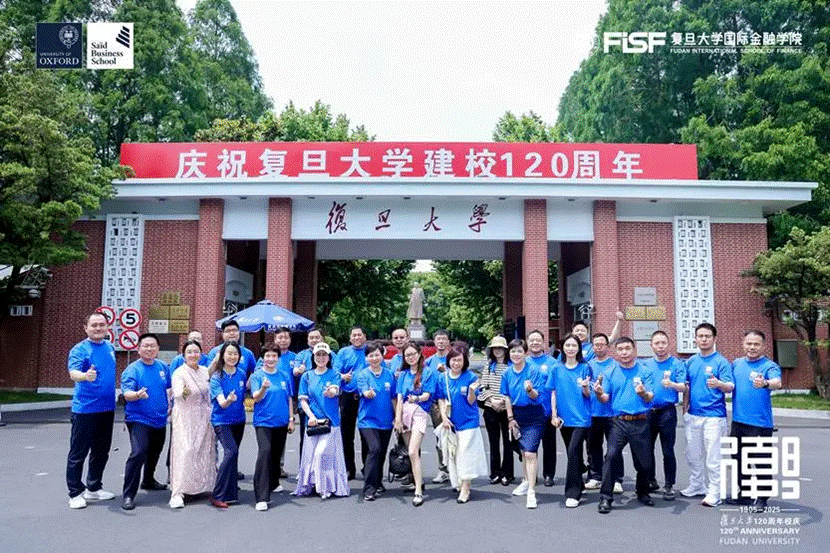
On the first day of the module, Jianzhang Liang (Member of FISF International Advisory Committee, Co-founder of Ctrip Group and Population Economist), Yuanrui Gu (Co-director of FISF Capital Tax Research Center) gave successive classes, helping students construct innovation logic for business missions and reinforce safety bottom lines for capital operation through taxation compliance.
Innovationism: thoughts and practices on the meaning of life
From a thinking dimension exceeding commerce, Professor Jianzhang Liang proposed in his class that “innovation and inheritance are the best tool to achieve human civilization negentropy”, granting enterprise missions a deeper connotation. He shared the “national innovation model” - i.e. national innovation equals population size multiplied by population quality multiplied by the sum of internal exchange and external exchange, pointing out that population structure is both the foundation of market size and more a bottom core element of innovation network effect. Based on the current population issue in China and the competition pattern of global human resources, he warned that “lying flat” and “low-desire society” would dissolve the vitality of innovation, and came up with breaking paths of fertility-friendly policies and education devolution, calling for the establishment of a positive “innovation-population” feedback loop.
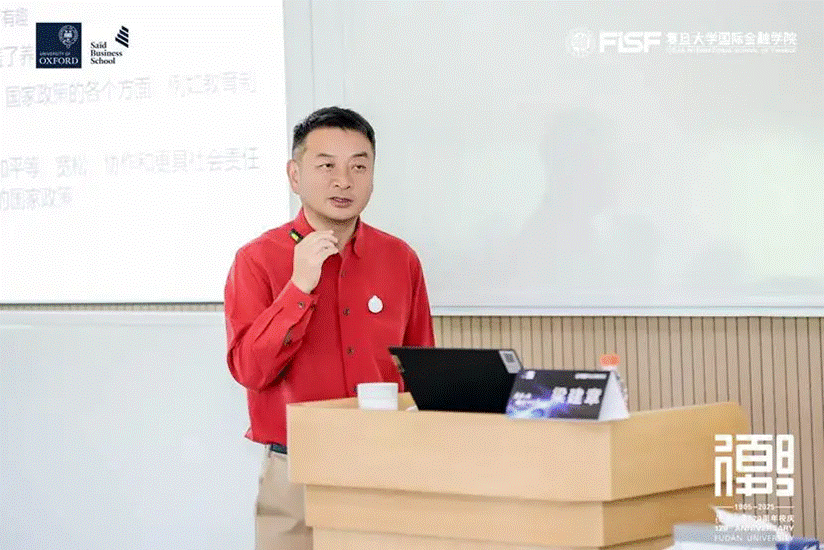
Talking about innovation challenges in the AI era, Professor Liang stated that humans had developed emotional instincts, risk decision capabilities and value pursuits that AI did not have. When AI’s creativity and uncertainty coexist, humans are the key driving force of innovation. Humans should focus on irreplaceable role of innovation in pursuit of instrumental rationality and value rationality. For example, with AI assisting in executing tasks, humans still take over core stages like making strategic decisions to prevent civilization development deviating from the trajectory of human nature due to technological alienation. As for enterprise strategies, Liang stressed “innovation ecology”, claiming to abandon enclosed research and development and establish the user participation mechanism to form the innovation closed loop of “demand observation - quick verification - value transformation”; and at the same time be on guard against “innovation inertia” of big companies, stimulating the innovation vitality of organization bottoms through various mechanisms like internal venture capital and trans-department innovation challenges.
From Liang’s perspective, the ultimate pursuit of innovation is shown in three dimensions: time (intergenerational transfer), space (space exploration) and abundance (interdisciplinary innovation), all three of which are also the three-dimensional coordinate system for civilization prosperity. When enterprise missions are integrated into the evolution process of civilization, profits will become a natural result of innovation, rather than the ultimate goal. He called on enterprises to restructure their business logic from a grander perspective and include fertility-friendliness, educational innovation and technology ethics into the ESG system, maintaining their pursuit of business value while also acting as the carrier of innovation inheritance of human civilization.
Tax risk prevention and planning in capital operation:
Full-cycle compliance guidance
Professor Yuanrui Gu focused on each link of capital operation and provided comprehensive guidance on a series of issues from risk identification and rational planning based on policy trends and practical examples. She stated that against the background of “data-driven tax governance” and under strongly penetrating regulations, enterprises should abandon the traditional extensive mode that relied on verification collection, and construct an active full-cycle compliance system.
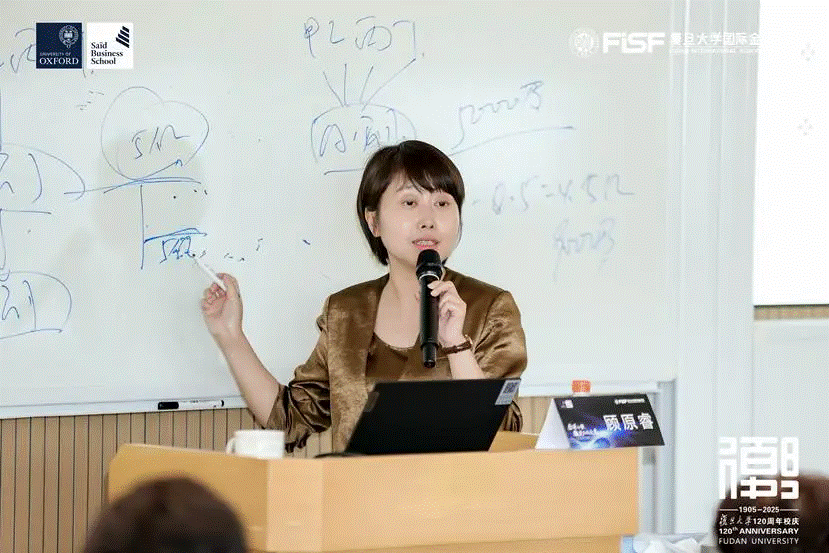
According to the tax traps and adjustment paths in the investment and financing like, Gu indicated that structural designs determined tax costs. For investment, special attention should be paid to multi-layer structure, cross-border structure and other special differences, and upfront considerations needed to be well conducted to avoid huge tax burdens arising from ex-post adjustment. For financing, debt disguised as equity may cause double taxation for its dual natures of equity and debt, and there also exist huge risks in the monetary circulation of associated enterprises and the “capital pool” business of some enterprises for regulation avoidance. She reminded that enterprises needed to mention substantive operational requirements, note profit attribution and resident identity recognition and reasonably utilize regional policies like “participation exemption”; in face of non-monetary contributions, it was necessary to look out for evaluation disputes, deferred taxation and other relevant issues, be vigilant of dual legal and tax risks in operations like nominee shareholding and debt disguised as equity.
When it came to capital trade and withdrawal, Professor Gu listed a number of risks and hidden costs incurred in the process of equity transfer, capital transfer and enterprise merger and division, and expounded the tax base loss issue for overseas listed entities of VIE enterprises through examples of red-chip structures. Accordingly, she advised to make rational planning by means of spinning off business to overseas entities. During the capital withdrawal process, capital reduction, liquidation and other historical tax issues are often neglected, and the order of tax payment in bankruptcy liquidation will also directly affect the creditor’s interests, so enterprises should reserve tax costs in advance.
Professor Gu stressed that tax compliance had transformed from “passively response” to “active governance”, and thus enterprises must implant the sustainable tax thinking method into the whole procedures of business decisions, grasping policy details with the help of professional teams to avoid short-term arbitrage and radical planning. Only in this way can they find optimization space within the policy framework and achieve the balance between risk control and value growth.
Special Module at the University Brilliant for 120 years
The “120th Anniversary Special Module” was launched at the 120th anniversary of Fudan University. The program team led the students around the Fudan campus to feel the historical context of the “120-year brilliance”. At the newly built and opened New School History Museum, the students immersed themselves in the abundant archives, cultural relics, audiovisual materials and immersive interactions, and developed a deep sense of the growth and transformation of Fudan in the past 120 years, and how the school motto of “learning extensively and having a firm and sincere aim; inquiring with earnestness and reflecting with self-application” ran through the rejuvenation road of saving the country with education. Standing at the crossing of history and future, CEO alumni will uphold the spiritual imprint of “self-reliance and self-improvement” as Fudan people and carry on the composition of continuous chapters of a commercial civilization.
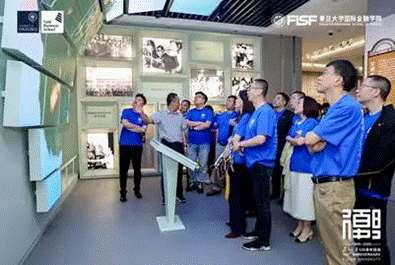
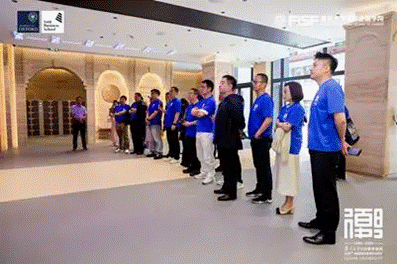
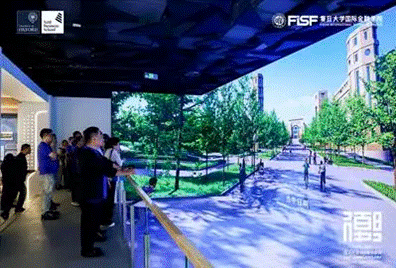
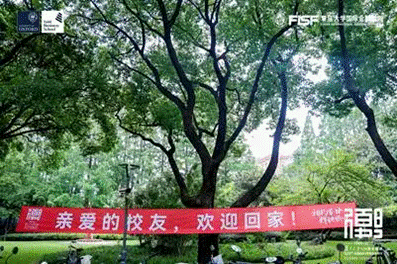
Students’ words
Teacher Jianzhang Liang’s class is highlighted in his disassembly of the essence of innovation: on one hand stressing the role of AI in substantially increasing efficiency as a tool and on the other hand sharply pointing out humanistic care and system design were the core of inheritance. By comparing cases of both Chinese and overseas enterprises, he explained the significance of balancing technology innovation and cultural humanity, providing systematic thinking for enterprises to make response to the era of uncertainties.
Chengjing Sang
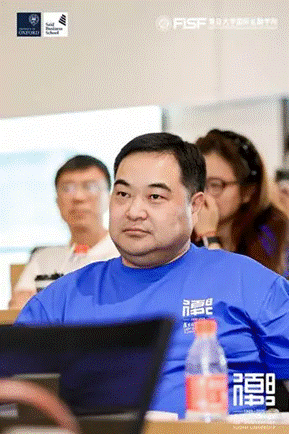
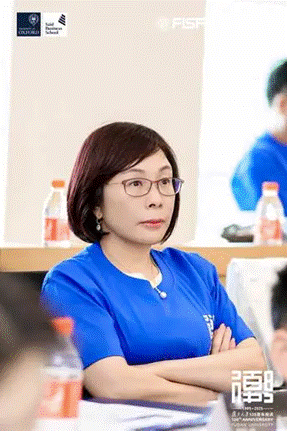
Tax planning is a “paradox”. Enterprises should know tax laws and ensure compliance, never holding any illusion;
Operate enterprises in a steady, healthy and sustainable way, and promote healthy and balanced industrial development and social common prosperity;
The mindset in operating enterprises needs to be changed. We should not pursue enterprise success not just for profit targets, but rather more for contribution to our society.
Ping Zhang